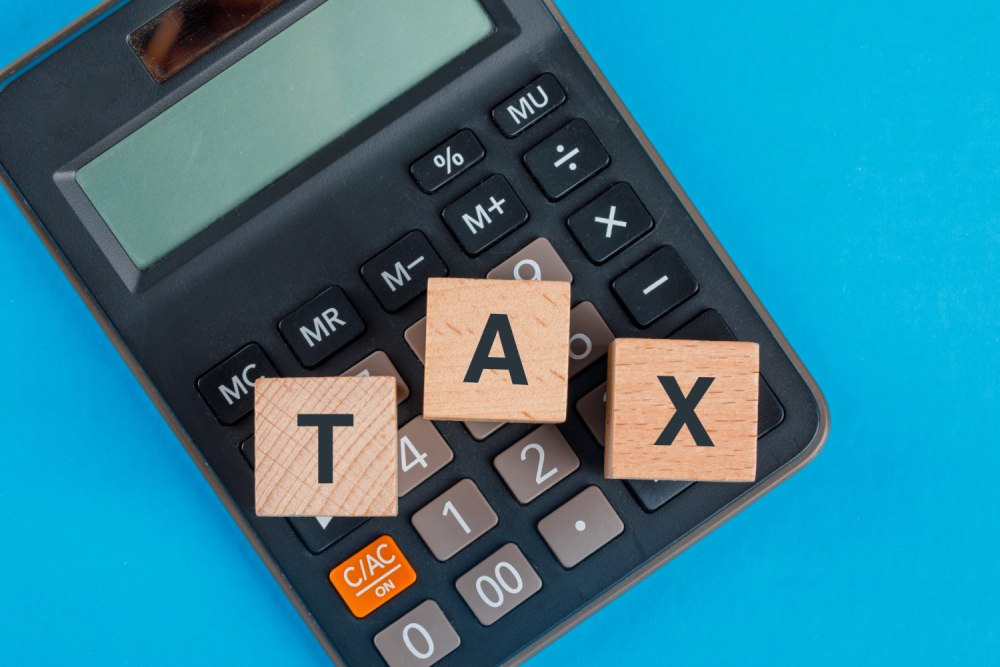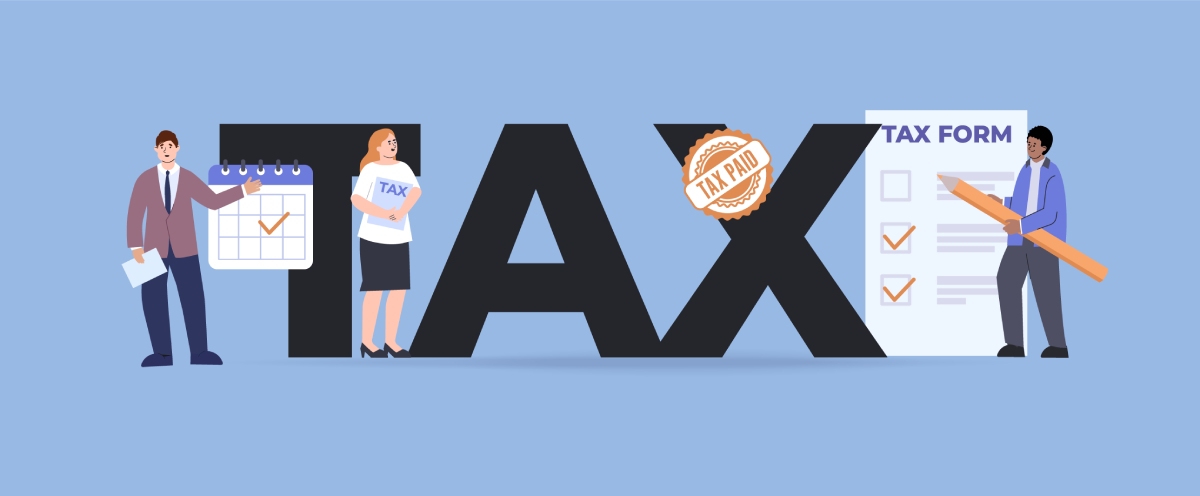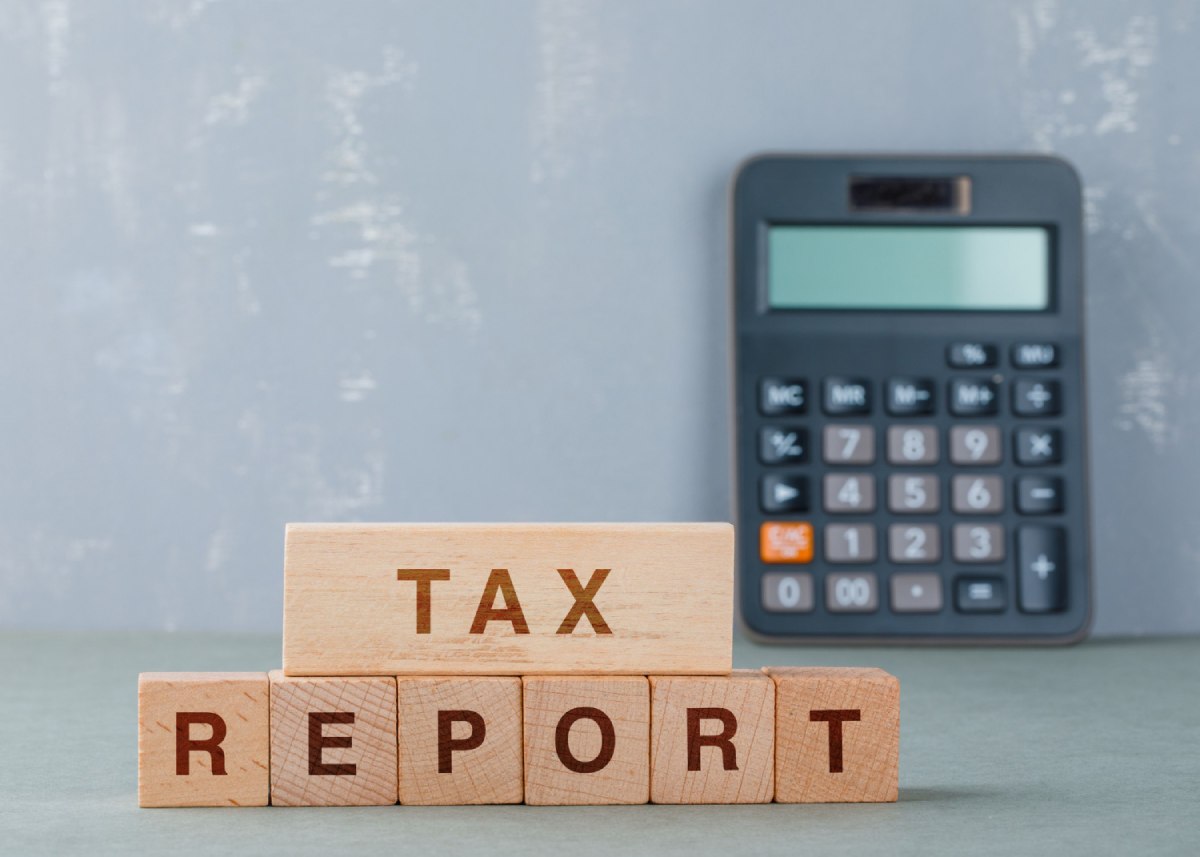Tax & law go hand in hand. Countries impose tax laws globally.
Under these laws, taxes are collected from the residents of the country for the development of the infrastructure and strengthening the economy of the jurisdiction.
That said, tax laws are variable from one jurisdiction to another.
Are you hunting for a comprehensive guide to the tax laws?
Well, this article is meant to be an eye-opener.
What Is Taxation And Tax Law?

Taxes are fees that people and businesses have to pay to the government.
They can also be applied to things like property and transactions like selling a house or stock.
There are different types of taxes, like income taxes, corporate taxes, capital gains taxes, property taxes, inheritance taxes, and sales taxes.
The laws that are associated with the taxation system of a country or jurisdiction are called tax laws.
What Are The Various Types Of Taxes Levied?

As mentioned above, all types of taxes are applicable. These kinds of taxes include but are not limited to:
1. Capital Gains: A capital gains tax is a type of tax that is applied to any financial gain or profit generated by individuals or businesses through the sale of a variety of assets, including securities, bonds, and real estate.
2. Corporate Tax: This kind of tax is applied to a company’s profits.
3. Income Tax: The income taxes that governments collect are on all the money made by everyone in their area, including people and businesses.
4. Inheritance: It’s a tax that’s put on people who inherit someone else’s property after they pass away.
5. Property Tax: Property taxes are calculated by the government and paid by the person who owns the property.
They’re based on the value of the property and the land it sits on.
6. Sales Tax: The government of India imposes a consumption tax on the sale of products and services.
This tax may be in the form of Value-Added Tax (VAT), Goods and Services Tax (GST), State or Provincial Sales Tax, or Excise Duty.
Why Should You Pay Taxes?

Tax is a law and if you don’t pay it can mean fines and jail time.
But it’s not a good reason to pay taxes because we don’t have much control over how laws are made and how money is spent.
In 2019/20, it was estimated that public spending would amount to £842 billion.
Social protection was the biggest expense at £256 billion, followed by health at £166 billion and education at £103 billion.
Income tax also pays for public services and investment in public projects such as roads, railways, housing, and communications.
Some people might question how the money is spent, but the truth is that life is dependent on the food in the supermarkets and the teachers who provide us with transportation.
It’s impossible to go anywhere without coming across a taxpayer-funded service.
Highest And Zero Income Tax Countries

The following are the ten countries that have the highest marginal income tax rates (statistics of 2022):
- Ivory Coast – 60%
- Finland – 56.95%
- Japan – 55.97%
- Denmark – 55.90%
- Austria – 55.00%
- Sweden – 52.90%
- Aruba – 52.00%
The following is a tie-tie:
- Belgium – 50.00%
- Israel – 50.00%
- Slovenia – 50.00%
Only a select few nations possess an income tax rate of zero percent or less. These countries include:
- Saudi Arabia
- United Arab Emirates
- Oman
- Kuwait
- Qatar
- Bahrain
- The Bahamas
- Bermuda
- The Cayman Islands
A lot of them are oil-rich Arab countries that use exports to fund their budgets instead of taxes. Some of them also have pretty high sales taxes or corporate taxes.
New Tax Laws 2023

Tax changes with effect from April 2023 impacted both limited companies and individual taxpayers, potentially increasing their tax bills.
1. Corporation Tax: The corporation tax rate has increased from 19% to 25% after replacing the new tax laws in 2022 for large businesses starting April 1, 2023.
Full expensing is available for three years, while businesses with profits below £50,000 will not be affevenmo tax lawcted.
Marginal relief is available for those earning between £50,000 and £250,000.
2. Capital Allowances: Tax changes from April 2023 include temporary first-year allowances for qualifying expenditure on new plant and machinery, a permanent £1m investment allowance, and extended first-year allowances for electric vehicle charge points.
3. Frozen Tax Thresholds & Additional Rate Thresholds: Tax changes from April 2023 lower the additional rate threshold from £150,000 to £125,140, affecting 232,000 taxpayers.
Base and higher rate thresholds freeze until 2028, causing 40% tax charges for over a million.
4. Dividend Tax: Dividend tax changes from April 2023 have halved the dividend allowance to £1,000 from April 6th, and will further reduce it to £500 per annum from April 2024.
5. Capital Gains Tax: April 2023 tax changes impact capital gains tax, reducing CGT allowance from £12,300 to £6,000.
The annual exempt amount for individuals and trustees increases to £6,000, with the CGT reporting proceeds limit fixed at £50,000.
Discover More: Car Wreck Lawyer: When You Should Hire One And Why?
Venmo Tax Law
Business Venmo payments may need to be settled with the Internal Revenue Service (IRS) due to ambiguities regarding the tax regulations that distinguish business income from personal income, despite the fact that the fundamental tax regulations have not changed in recent years.
The IRS is tightening reporting requirements for payment apps like Venmo to better understand business income paid through the app.
This comes as the agency seeks to better understand the tax implications of transactions like restaurant checks and rent payments.
For app operators in 2023 and according to the new tax law, if you make more than $600 in payments, you’ll need to send the IRS a Form 1099. That’s up from $20k and 200 transactions in 2023.
If you are looking for a great tax consultant firm, you can check out J David tax law firm.
May You Like Also: Property Law: Demystifying Rights And Regulations For You
Bottom Line
Understanding tax laws and regulations is essential for all individuals and businesses.
Whether you are a resident, a property owner, or a business owner, it is important to be familiar with the different types of taxes and their corresponding laws in your jurisdiction.
If you don’t follow these laws, you could get fined or even go to jail.
It is always best to seek professional guidance when navigating the complex world of taxation to ensure compliance and minimize any potential risks.
Remember, taxes are necessary for the development and growth of a country’s economy, and by understanding and following tax laws, we can contribute to this progress.
You May Like Also:





Leave a Reply